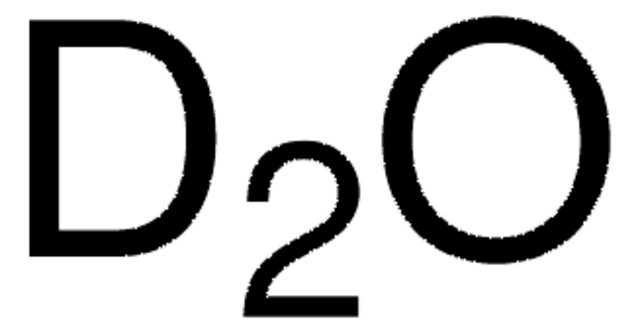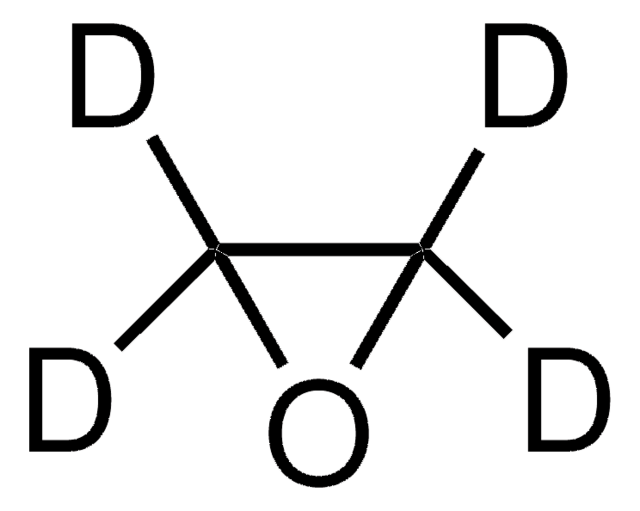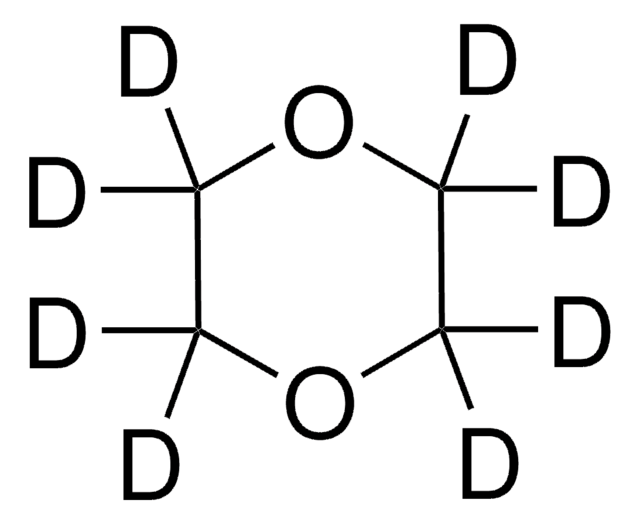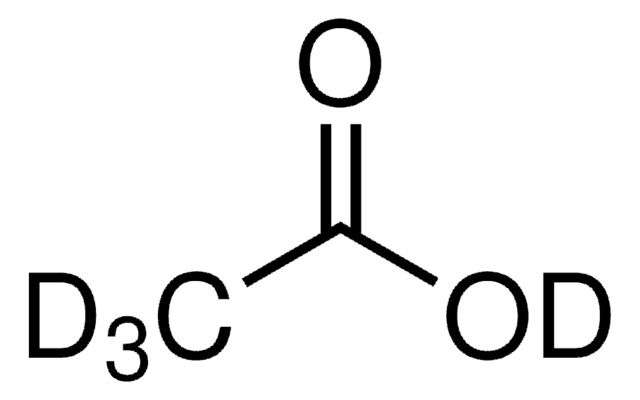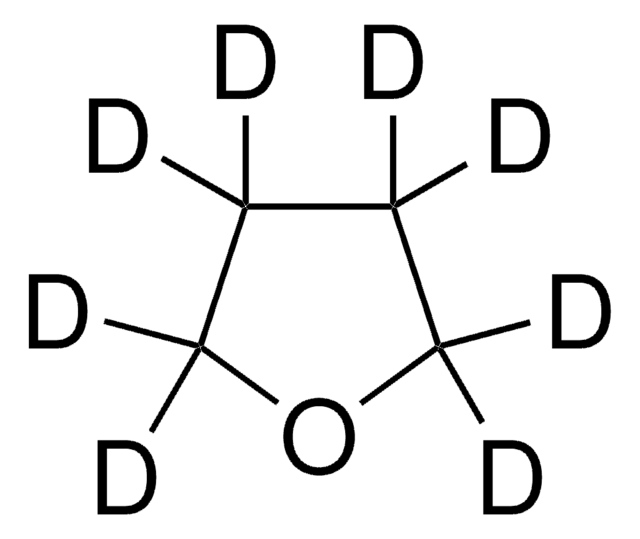612073
1,4-Dioxane solution
NMR reference standard, 40% in benzene-d6 (99.6 atom % D), chromium(III) acetylacetonate 5 mg/mL, NMR tube size 3 mm × 8 in.
About This Item
Recommended Products
grade
NMR reference standard
Quality Level
composition
chromium(III) acetylacetonate, 5 mg/mL
concentration
40% in benzene-d6 (99.6 atom % D)
technique(s)
NMR: suitable
NMR tube size
3 mm × 8 in.
SMILES string
C1COCCO1
InChI
1S/C4H8O2/c1-2-6-4-3-5-1/h1-4H2
InChI key
RYHBNJHYFVUHQT-UHFFFAOYSA-N
Looking for similar products? Visit Product Comparison Guide
Features and Benefits
Quantity
Signal Word
Danger
Hazard Statements
Precautionary Statements
Hazard Classifications
Aquatic Chronic 3 - Asp. Tox. 1 - Carc. 1A - Eye Irrit. 2 - Flam. Liq. 2 - Muta. 1B - Skin Irrit. 2 - STOT RE 1 - STOT SE 3
Target Organs
Blood, Respiratory system
Supplementary Hazards
Storage Class Code
3 - Flammable liquids
WGK
WGK 3
Flash Point(F)
32.0 °F - closed cup
Flash Point(C)
0 °C - closed cup
Choose from one of the most recent versions:
Already Own This Product?
Find documentation for the products that you have recently purchased in the Document Library.
Customers Also Viewed
Our team of scientists has experience in all areas of research including Life Science, Material Science, Chemical Synthesis, Chromatography, Analytical and many others.
Contact Technical Service
